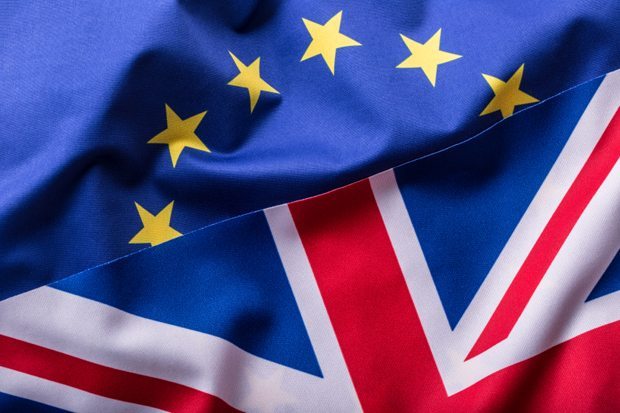
Now that the United Kingdom has opted out of the European Union, the next danger to European financial stability is the emboldening of more European secessionist movements, and Europe is replete with them. Immediately after the Brexit results were finalized and the Leave campaign projected to win by a wide 4 point margin, talk of more independence votes hit the headlines, and this should warn investors with exposure to British banks like HSBC Holdings PLC (ADR) (NYSE:HSBC) or Barclays PLC (ADR) (NYSE:BCS) to get out over the next few weeks on any dead cat bounce following today’s free fall.
Why? Consider that UK banks have the biggest exposure to Greek debt in Europe outside of Germany. This makes plenty of sense considering that two major victories for the Remain campaign came from London and Edinburgh, the two respective political and financial capitals of England and Scotland where banks are concentrated. Cardiff, the capital of Wales, also voted heavily in favor of Remain by a 60%-40% margin. Leaving the EU puts the value of that Greek debt in jeopardy, because the only reason it has any value is an implicit guarantee from the European Central Bank to continue buying it. The ECB will have a hard time doing so if there are any more EU defections.
Calls for more secession began with Nicola Sturgeon, First Minister of Scotland, among the first to sound off on Scottish secession from the UK calling it democratically unacceptable that Scotland should be forced out of the EU against its will. Scotland voted heavily in favor of remaining in the EU, but the numbers failed to compensate for the overwhelming support for Brexit in England outside of the main urban and financial centers of London, Liverpool and Manchester.
Northern Ireland is now also thinking about leaving the UK behind and uniting with the Republic of Ireland, its EU and Eurozone neighbor. Northern Ireland also voted Remain 56% to 44%. The Remain win in Northern Ireland also makes sense because Northern Ireland receives “peace money” from the EU to support government peace programs. The prospect of Scotland and Northern Ireland rejoining the EU after seceding from the UK may seem like it adds to EU stability, but since Northern Ireland and Scotland receive a lot of money from the EU (which is why they voted to stay), that will only lower EU financial stability to have them in without the powerhouse contributors of England and Wales.
Further down the secessionist line, Catalonia has long wanted to break off from the larger Spanish state, and even voted in favor of doing so by an overwhelming majority of 80% back in 2014, though the vote was nonbinding and mostly a show of nationalism.
The European debt crisis has not abated, not by any stretch of the imagination. It is only on hiatus, but the debt pile is still there, festering and growing. Debt to GDP of the Eurozone as a whole is still right at its highs of 91%, and none of the weaker PIIGS nations including Portugal, Ireland, Italy, Greece and Spain has had its debt substantially lowered at all.
Meaning, the Eurozone debt crisis could be about to flare up again, and with the UK out of the picture, this time with one less financial backstop to keep it from spiraling out of control.




